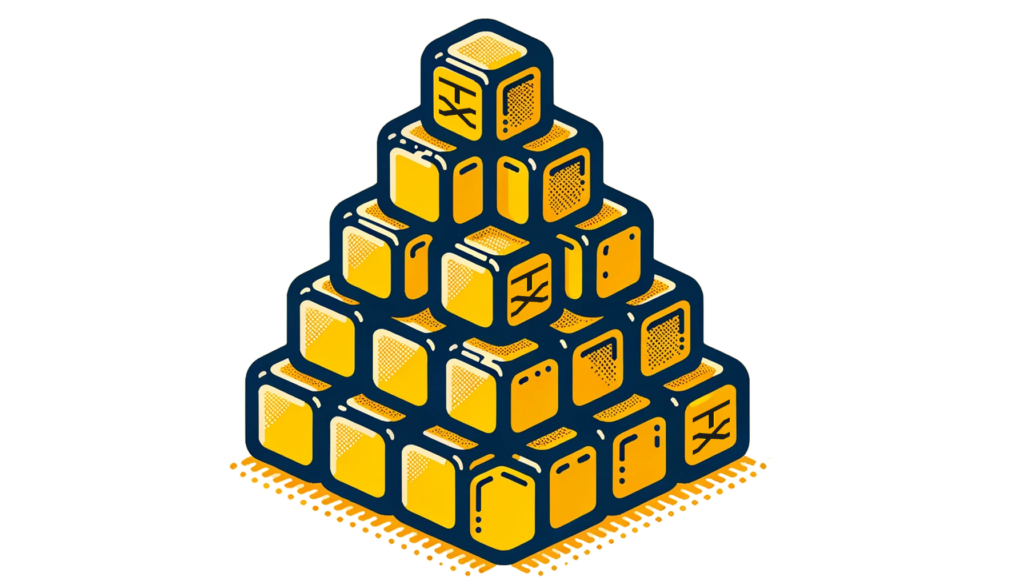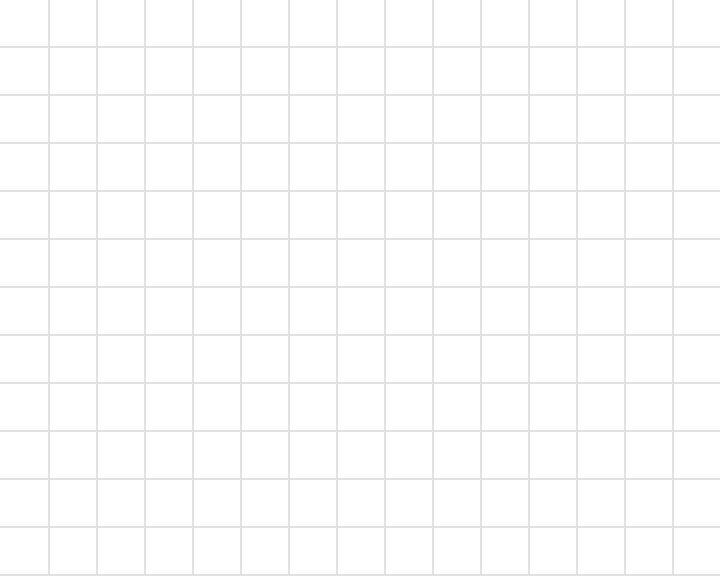2023-11-24

Marketing Lead at TX
Are you an aspiring developer looking for a field to specialize in? Or maybe you’re already a more seasoned veteran thinking about adding new skills to your arsenal? This article should provide some guidance as we have gathered different TX experts to share their views on working with Web3!
Sitting around the virtual table are:
⭐ Piotr Michałowski: Lead Frontend Developer, working closely with the Streamr Network and implementing the Streamr Hub UI and interactions with smart contracts.
🎇 Tiago Cruz: Frontend Developer, worked on Roam Network and wallet connections using React Native.
🌟 Marcus Malka: Software Developer, building a technical prototype for a decentralized pay-as-you-go mobile operator and integrating data sources to Streamr.
🌠 Simon Hailu: DevOps Engineer, bridging the gap between Web2 and Web3 technologies.

Working as a Web3 Developer
You might already be familiar with terms like blockchain, smart contract, decentralized application (dApp), and cryptocurrency, which are all part of the Web3 development umbrella.
But what exactly is a Web3 developer? Here’s what our members have to say:
🌟 Marcus: I’m not sure if there is an “official” definition for that role, but I understand it as a software developer working on Web3 projects.
⭐ Piotr: Yes, I think a person who works with Web3 technologies in any way is a Web3 developer. It might be something related to developing smart contracts, working on applications that parse data from a blockchain, or developing desktop, mobile, or web applications that interact with smart contracts and crypto wallets.
🌠 Simon: I also want to add Web3 clients (such as Geth) to the list of things a Web3 developer might be working with. There’s a wide combination of technologies to choose from when operating in the Web3 space.
🎇 Tiago: Don’t forget tokenomics!
What skills does a Web3 developer need?
🎇 Tiago: Patience is the most important skill for any developer.
🌟 Marcus: What comes to my mind first is the same as in all software development: a deep understanding of the languages in use, sufficient understanding of software architecture, integrations, and the environment in which the code will run, like web browser, mobile apps, servers, and so on.
🌠 Simon: You need at least a basic understanding of Web3 technologies and how they are all stacked together. It’s also good to have a deeper understanding of peer-to-peer (P2P) networks. Knowing about validation algorithms and tokenomics can also be useful.
⭐ Piotr: It’s also important to grasp the basic concepts behind blockchains, cryptocurrencies, and smart contracts. For instance, how does data get stored on the blockchain, and how does the ERC-20 or other token standard work?
🌟 Marcus: Then, there’s also the understanding of the main security issues related to Web3, like cryptography and responsible data handling. Knowing the programming language Solidity is also helpful.
⭐ Piotr: Generally, Web3 requires a change in how you think about writing applications and storing data. For instance, from the UI/UX perspective, you need to try to limit the amount of calls to smart contracts as much as possible, as every call costs users some money.

Becoming a Web3 Developer
As we have already explored, there are a lot of ways to actually work with Web3 technologies. In your case, the leap from mainstream Web2 development might not actually be that big. So, how did our members get into Web3?
🌟 Marcus: I got interested in Web3 around 2017 and started to read up on whitepapers for different projects. To me, it seemed like the technology held some promise and might make it easier to build business models with more decentralized ownership. I dabbled in it a little bit and then got to build a “Pay as you go” mobile subscription prototype for Roam. We used mobile phones to pay for data connectivity in crypto and the smart contracts communicated with the base station to open and close the network/data access to that mobile subscription.
⭐ Piotr: I started working for TX. 😄 After that, I was assigned to work for Streamr – a project for decentralized data distribution utilizing Web3 technologies.
🎇 Tiago: The TX management was quite enthusiastic about Web3, and that got me also interested in it. I showed interest in experimenting in the field, and I was assigned to work on the Roam project, so I got to tweak the Streamr client to work on React native. That was the start for me.
🌠 Simon: Yeah, before TX, I had no in-depth knowledge of Web3. But right after I joined, I started working on Web3-related projects like Streamr. Into the rabbit hole I went, and it has been a wonderful journey.

Unfortunately, TX isn’t able to teach everyone how to get into Web3. But here are a few tips on how you could take your first steps toward decentralized technologies.
🌠 Simon: Definitely read a lot of documentation and whitepapers. Understand the technologies that make Web3 possible. And of course, read more documentation.
🌟 Marcus: Like back in 2017-2018, I was reading a lot of whitepapers and trying to understand all the concepts related to them, which really helped me to understand the theoretical background in Web3. A workmate held a workshop about creating your own ERC-20 token, writing smart contracts and understanding the development environment, which was also really helpful.
🎇 Tiago: My way is always learning by doing: start working on a Web3 project to gain experience.
⭐ Piotr: Definitely. When I joined the Streamr project, I had to start working without much knowledge about Web3, but I started asking colleagues to explain to me how smart contracts work, how to run a local blockchain environment, etc., and it started to become less of a mystery to me. So, I simply started working on the assigned tasks, and if I didn’t understand something, I was either googling or asking people about it.
🌟 Marcus: If you are completely new to Web3, understanding Ethereum might be a good place to start to understand the idea of a “decentralized computer.” Like Tiago and Piotr already mentioned, I’d also suggest getting your hands on some code pretty fast and reading about all the new concepts you run into. In the end, it’s not a huge leap from Web2. Even if the learning curve is a little steep in the beginning, you’ll get over the confusion fast.
To help you further in getting started with Web3, here’s a short list of action points in your career journey from our team:
- Follow simple tutorials on the official websites of different networks.
- Make your own ERC-20 token to get to know the development environment, simple smart contracts, etc.
- Working with user interfaces? Check out Ethers.js or Web3.js to understand how a front end might interact with a smart contract or MetaMask wallet.
- Read tech blogs. Medium is a good place to start, but some writers prefer a more native platform like Mirror.
- Check out local Web3 bootcamps for first-hand knowledge to get you started.
- Get hired at TX.
Web3 and The Future
The hype peak for Web3 came and went, but projects are still being built using the underlying technology.
So, is Web3 worth another look, will it be the future?
⭐ Piotr: Personally, I don’t see it as a “revolution”, but more like an alternative approach to dealing with data storage and data processing. I think it has a good future ahead, but it will take some time for it to be widely used.
🎇 Tiago: I don’t think I am sufficiently knowledgeable to say whether it is the future or not, but considering all the noise about it and the fact that it is still around, I would say Web3 will at least be a part of the future, for sure.
🌟 Marcus: No technology or idea alone is “the future”, but for some ideas and businesses, Web3 can be a good path.
🌠 Simon: Web3 is gaining more and more popularity bit each day, though there are still a lot of challenges to overcome before it becomes mainstream. But I will say that the technology is here to stay.
Will becoming a Web3 developer be a good career choice?
⭐ Piotr: I haven’t had much exposure to the field yet so my knowledge is still limited, but personally, I’m happy with working in Web3.
🎇 Tiago: It never hurts to learn something new – and if that happens to be the hottest potato, then just surf the wave. Just remember to keep other essential skills fresh as well!
🌟 Marcus: To become a good Web3 developer, you need to be a good developer in general. Learning to understand a domain like Web3 will also help with your capacity to learn new paradigms and ways to when the constraints and affordances are different.
🌠 Simon: Definitely, yes. Staying ahead of the game in a constantly changing world of software development is a wise idea.
Looking to learn more about Web3? Check out our blog page for new knowledge or hop on to our Careers section to find out how you could become a colleague to our Web3 devs!
Drop us a message to discuss your project
We’ll get back to you as soon as possible.
Find out more
For information on how we can transform your sector or business, please get in touch using the contact details below.




